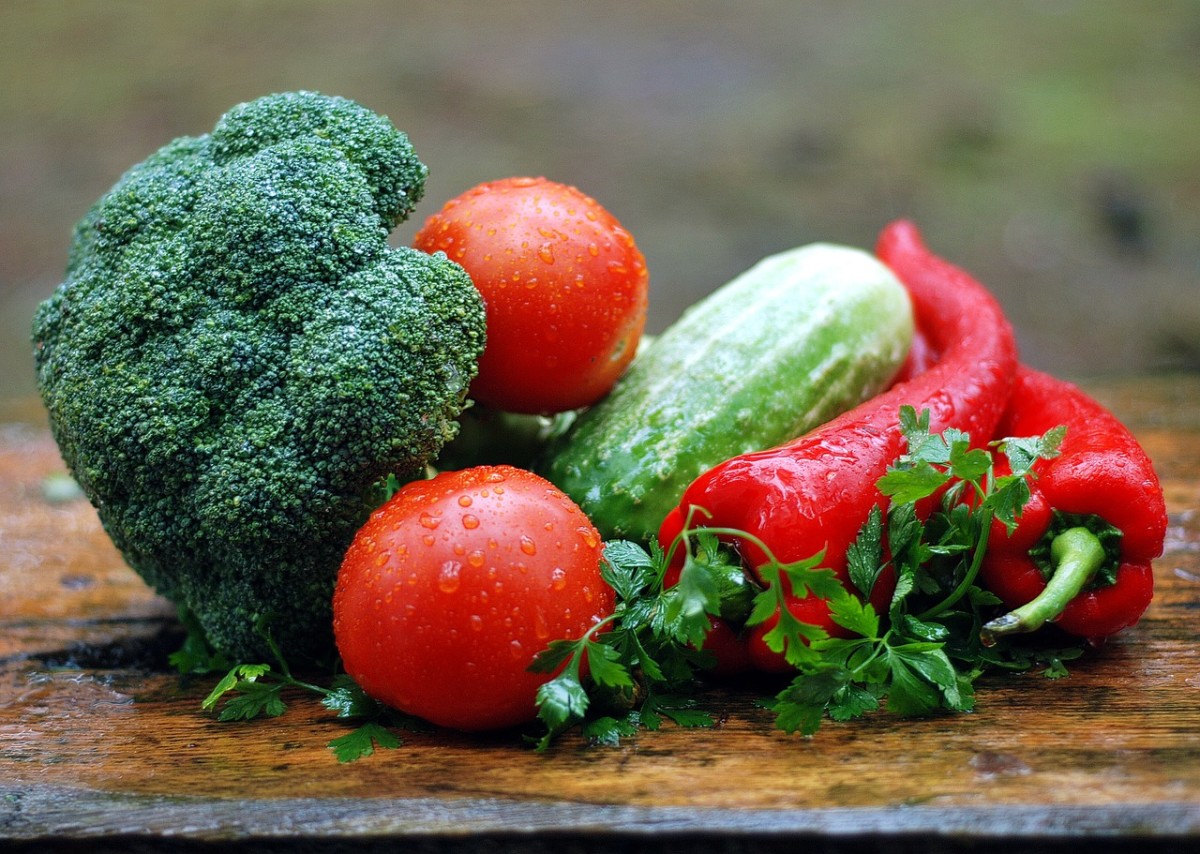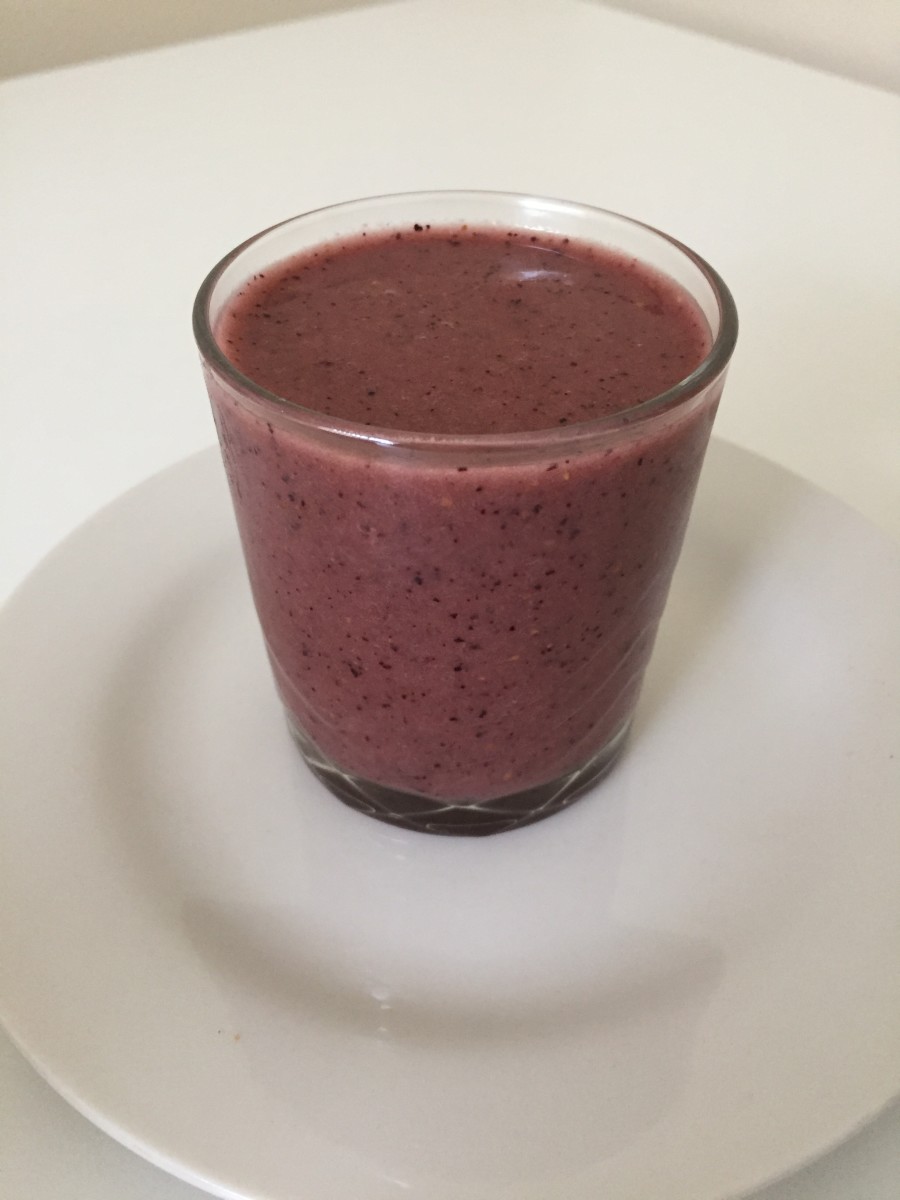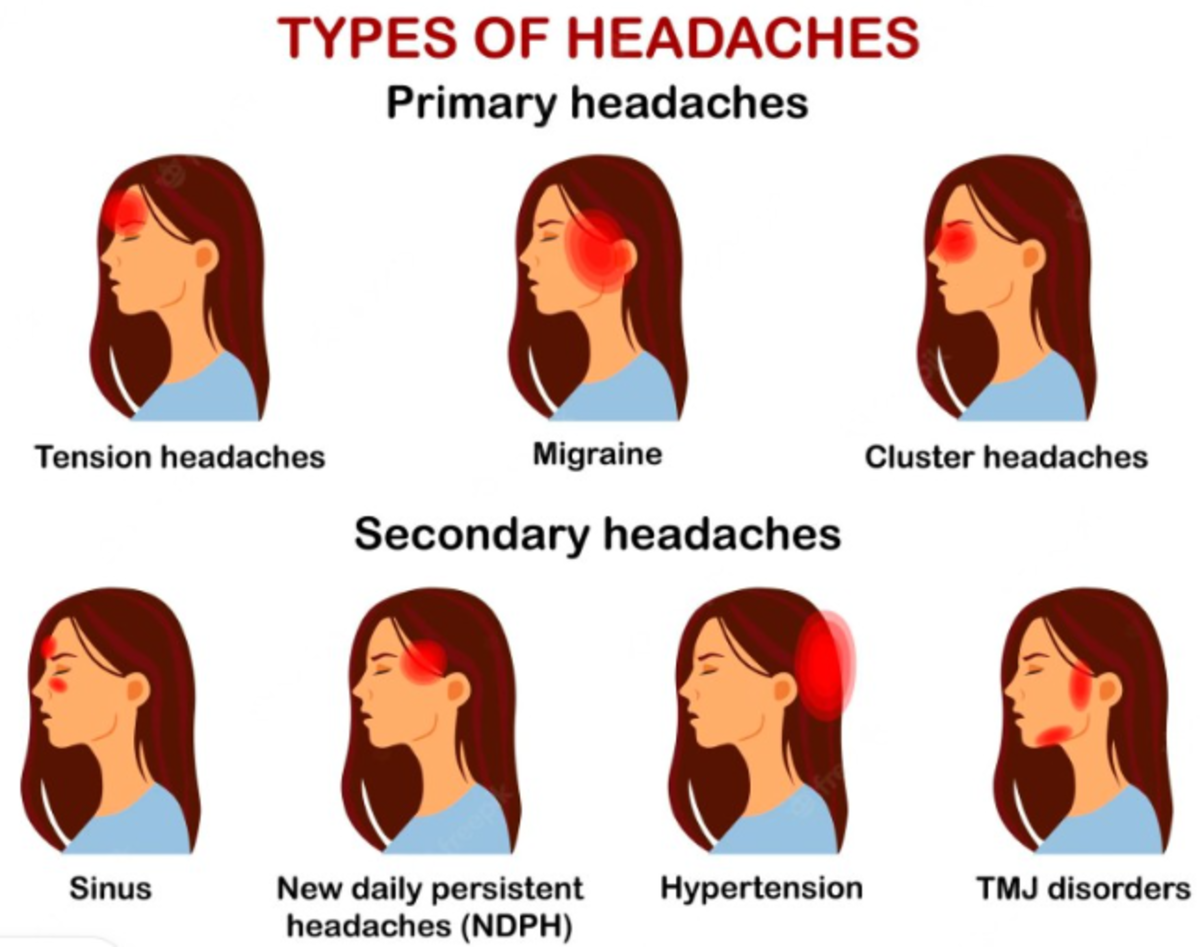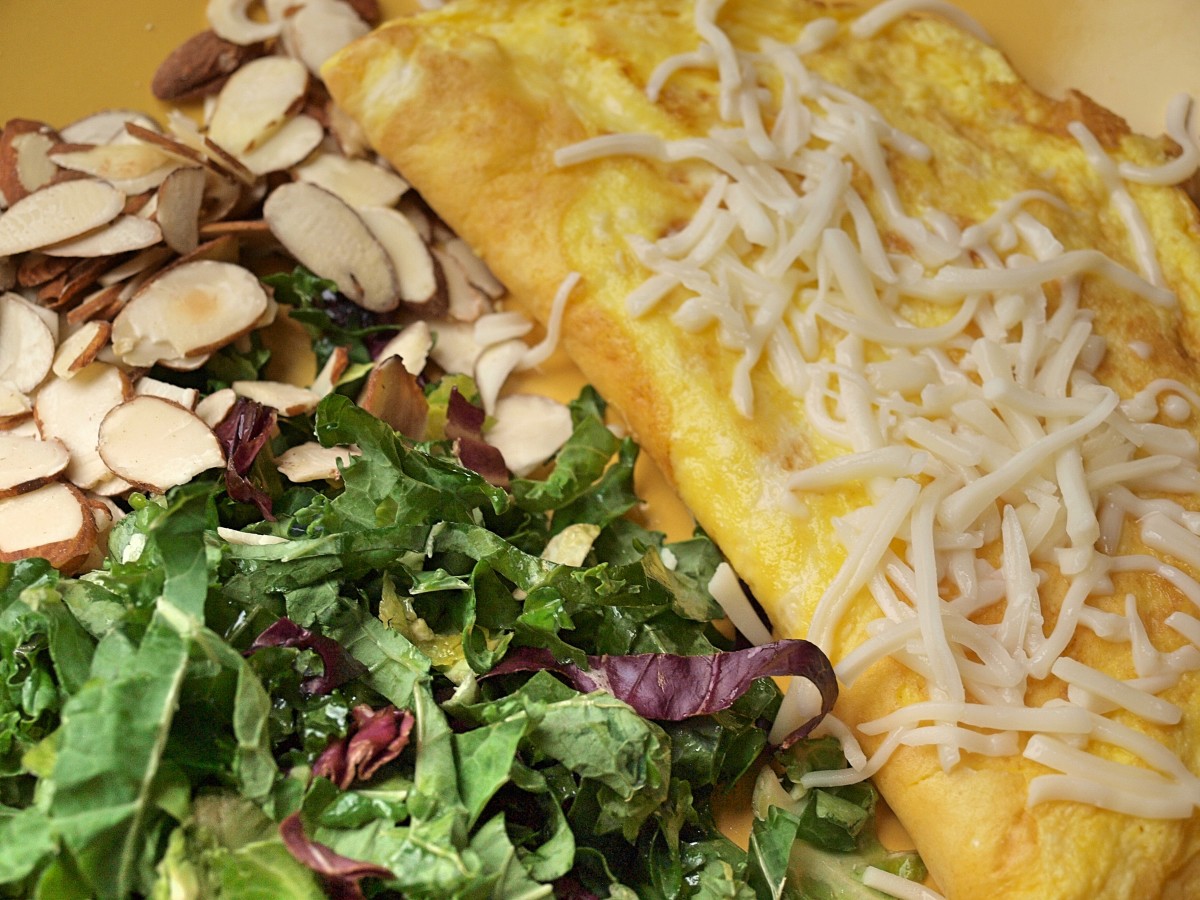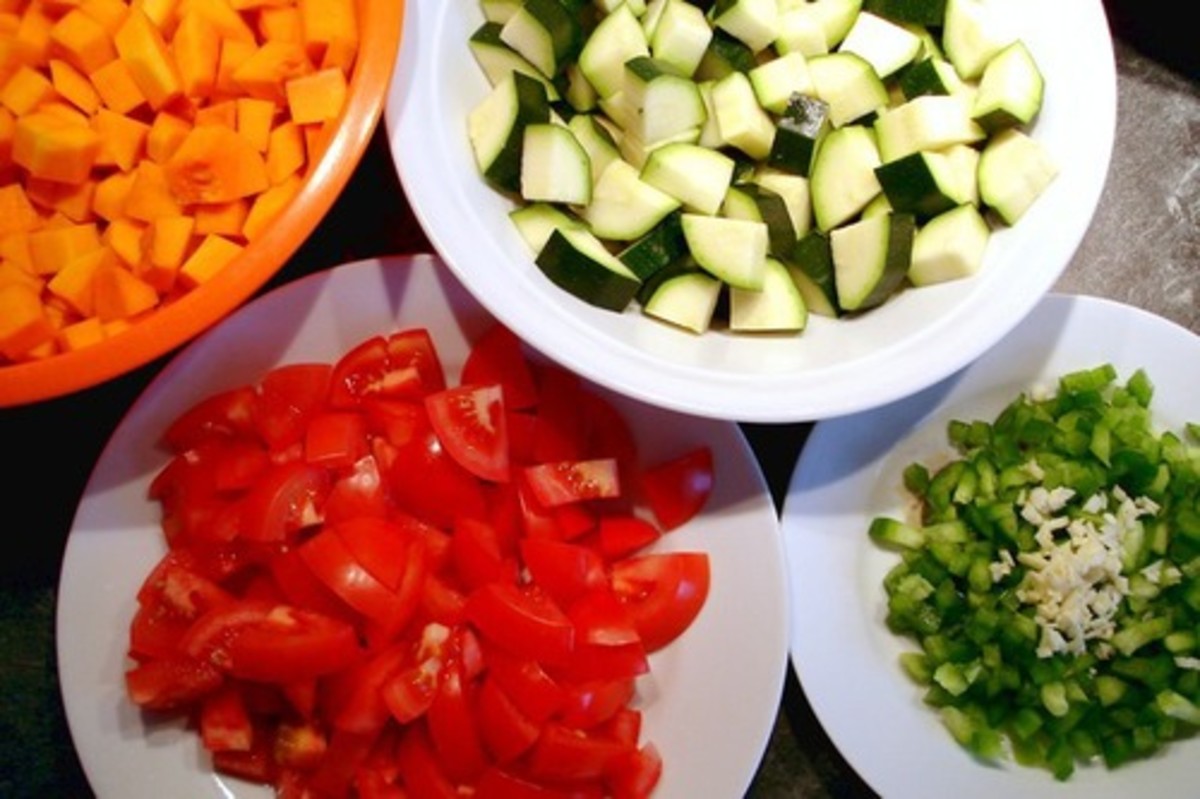Anti-Inflammatory Diet 101
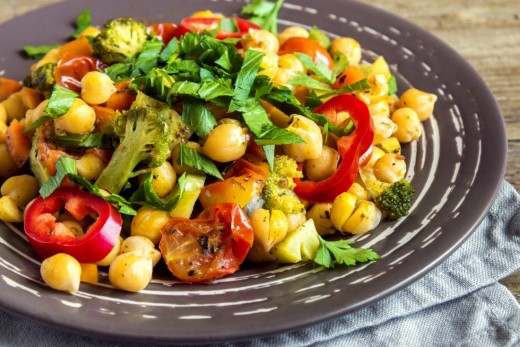
Anti-inflammatory diets are followed to prevent or reduce the amount of inflammation in your body. Your body uses inflammation as a way to fight illnesses and protect your body from harm, but in some cases, people suffer from chronic inflammatory diseases, and for this, following an anti-inflammatory diet is necessary to lead a healthy lifestyle.
An anti-inflammatory diet includes replacing all foods that may cause inflammation with foods that reduce or prevent inflammation. For example, replacing sugary foods whole, nutrient rich foods.
Another part of an anti-inflammatory diet is increasing the number of antioxidants consumed by you, as they are reactive molecules which lessen the number of free radicals in the body. Free radicals are molecules present in the body that are responsible for damaging cells and causing certain harmful diseases.
Diseases That An Anti-Inflammatory Diet Can Help With
There are many different medical diseases that anti-inflammatory diets can help, like:
- Asthma
- Rheumatoid arthritis
- Heart diseases
- Lupus
- Inflammatory bowel disease
- Colitis
- Diabetes
- Obesity
- Crohn’s disease
- Psoriasis
Not only does it help these conditions, but by following this anti-inflammatory diet, you reduce the risk of all forms of cancer, especially colorectal cancer.
Food To Be Consumed As Part Of The Diet
Foods that are a part of the diet include:
- Dark leafy green vegetables, like kale, or spinach.
- Berries, like blueberries and blackberries. Also, cherries.
- Dark red grapes.
- Vegetables that are full of nutrients, such as broccoli and cauliflower.
- Beans and lentils, like kidney beans, black eye beans and lentil soup.
- Green tea.
- Olive oil, as well as olives.
- Nuts, such as walnuts, cashew nuts, almonds, pistachios.
- Avocados and coconuts are both extremely good anti-inflammatory foods.
- Dark chocolate.
- Spices and herbs, like turmeric, and cinnamon.
- Cold seafood, such as salmon and sardines.
Foods To Be Avoided As Part Of The Diet
If you are following this diet, the main thing to do is to steer clear of any foods that are highly processed or refined, like:
- Processed and fatty meats, like beef, pork, etc.
- Sugary drinks, for example, coke, spirit, red bull, basically you should avoid all carbonated drinks.
- Fried foods like chips, or deep-fried chicken.
- White bread and pastas, anything with a lot of carbohydrates.
- Gluten.
- Soybean or vegetable oil.
- Processed foods like chips and crackers.
- Sweet deserts like cakes, or cookies.
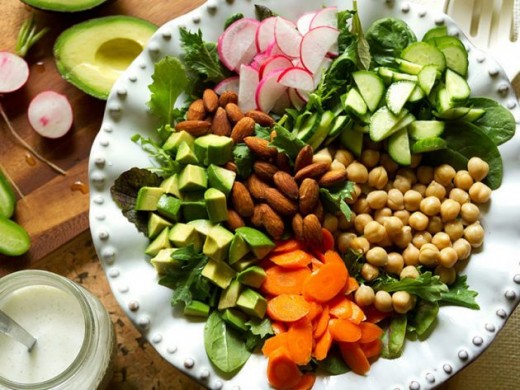
Specifics of the Diet
Although the diet does not have a specific regimen to follow, meaning there is no specific values of how many calories you must consume, it is more a process of eliminating food that is harmful, and a burden on your body, and replacing it with healthy alternatives, for example;
You can replace vegetable oil that may be a staple in your cooking with olive oil, there is not much of a difference in taste, but you will find olive oil to be lighter, and less of a burden on your body.
Replace processed meats that are high in fats with cold seafoods, like salami.
If you find yourself using a lot of oil when cooking your chicken, try and bake it instead, to avoid using any oil which is far healthier.
Replace your daily snacks like chips and crackers with nuts, or berries. It contains more energy levels, which is better for you when you are working, and on the go, and it is part of the diet.
Can A Vegetarian Diet Work As An Anti-Inflammatory Diet?
A common question is if switching to a vegetarian lifestyle will also work to reduce inflammation. And this is true, consumption of meat leads to inflammation in most cases. Studies show that people following vegetarian diets have less health issues which are in relation to inflammation, however, it is not compulsory to eliminate all meats from your diet to maintain a balanced inflammation in your body. You just have to limit your intake, and consume meats that are healthy, and less in fat.
Some Anti-Inflammatory Diet Tips
If you are just starting out in your anti-inflammatory diet journey, you will want all the help you can get, and you will probably value any and all tips, so here are a few tips to help you get adjusted to your new lifestyle:
- Plan your shopping lists beforehand, so you can focus on getting as many foods that are healthy for yourself. Many times, when people run out of groceries they tend to snack on things like chips, or fried foods, or even eat take outs until they are able to go shopping again. If you want to be able to easily follow this diet, you must be prepared when it comes to groceries, and make sure you plan to buy enough food to last you until your next trip. Not only should you plan to buy ingredients for the usual three meals one eats a day, but also plan to buy foods for snacks, like berries, nuts, salad items, things like that.
- Drink more water. It is proven throughout history that there are many benefits to increasing your water intake, and one is it reduces inflammation.
- Exercise regularly. Keep your heart going and healthy by exercising on a regular basis, plan a schedule so you are able to fit it into your usual routine.
- Getting the right amount of sleep, lack of sleep causes stress, and stress is the main reason for many diseases. So make sure you plan your day in a way in which you can get the right amount of sleep.
- Add supplements to your diet, like turmeric, or omega-3. These are also healthy, and if you incorporate it into your foods, you won’t have to worry about the overwhelming taste, as your normal food will mask it.
- Carry anti-inflammatory snacks with you when you are out and about. Usually, when you are out and about, running errands, you tend to get hungry, and it is normal to stop at the nearest Subway or McDonalds and pick up a burger to keep you going. But, when you are on the diet, this is highly inadvisable. Plan in a way in which you will not be tempted to go to any fast food chain, for convenience.
- Stay within the daily recommended calorie requirements. According to your gender, weight and age, find out how many calories you should be consuming in a day, and try your best to stay in those limits. Too many calories could lead to many inflammation related health problems.
- Eliminate sugary foods and drinks from your diet. Another thing we do not realize, because it is so normal for us is consuming high amounts of sugars in our everyday diets. A chocolate bar there, and a coke here. All these foods add up, and cause internal long lasting problems. The best thing to do is strictly eliminate all sugary items from your diet, to avoid temptations of any form.
- Increase your intake of vegetables and fruits. Vegetables and fruits have many health benefits, including preventing and reducing inflammation. Replace all sugary foods and drinks with your favorite fruit and vegetables. You can make smoothies and milkshakes as an alternative to any of your favorite sugary drinks.
- Pre prepare meals. If you are a busy person, or tend to forget about cooking, or are not a fan of standing in your kitchen while you are hungry and preparing various vegetables and sauces, it is best if you pre pare your meals and then store them in your fridge, so all you have to do when you are hungry is heat it up. Plan meals that you can pre pare, like maybe a nice roast. If you oven bake a healthy, low fat roast, or fish on the weekend, and then store it in your fridge, during the week all you have to do is take it out and heat it, and if you feel like it, you can cut a quick salad with your favorite leafy greens and nutrient rich vegetables. Make the dieting process as easy as you can on yourself.
- Avoid grease. Greasy foods and oily foods are a major problem if you are suffering from chronic inflammation diseases. High amounts of grease can cause many health problems, so it is best to avoid it in any form. That is why when you follow the diet, it is specifically asked of you to cut any fatty meats, or fried foods out, as they contain large amounts of grease. Replace any greasy foods with healthy alternatives.
Follow an anti-inflammatory diet is actually pretty easy, if you compare it to other diets, as it is far less specific. The main thing about the anti-inflammatory diet is listing what you can, and cannot eat. The rest is up to you, like how you prepare your foods, when you eat, how much you eat, there are no real regulations besides the usual ones, like do not over eat, or starve yourself.
In conclusion, from this article, what you can take away is that an anti-inflammatory diet is highly beneficial to follow if you are suffering from any chronic inflammatory disease, or have been told by your doctor that you are prone to these diseases due to any genetic deficiency.

